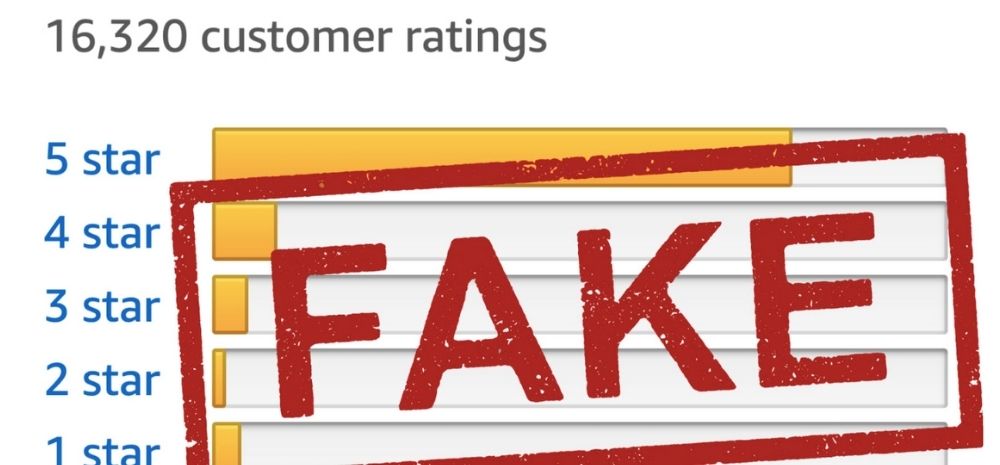The urgency for stricter regulations stems from the alarming increase in consumer complaints related to e-commerce, soaring from 95,270 in 2018 to a staggering 4,44,034 in 2023. This surge underscores the pressing need to address the prevalence of fake reviews that deceive and mislead consumers.

Proposed Quality Control Order: The proposed Quality Control Order seeks to enforce the existing IS 19000:2022 standard, which outlines guidelines for both reviewers and platforms. These measures aim to promote transparency and prevent manipulation, including:
1. Identification of Reviewers: Anonymity for reviewers will no longer be permitted, ensuring accountability for their reviews. 2. Unedited Reviews: Reviews cannot be modified after submission to prevent tampering with the content. 3. Encouraging All Reviews: Platforms are prohibited from suppressing negative reviews, promoting a more balanced representation of product feedback.
Importance of Standards: Nidhi Khare, the Consumer Affairs Secretary, highlighted the significance of these standards, emphasizing how online shoppers heavily rely on reviews, especially when purchasing products they cannot physically inspect. Fake reviews not only erode trust but also lead to poor purchasing decisions.
Public Consultation and Enforcement: The draft Quality Control Order will undergo public consultation before implementation. This step signifies a significant move towards fostering a more trustworthy online shopping environment for Indian consumers, demonstrating the government’s commitment to tackling fake reviews effectively.
Conclusion: The initiative to address fake reviews in e-commerce marks a crucial step towards ensuring consumer trust and confidence in online platforms. By implementing stringent quality control measures, the government aims to safeguard consumers from deceptive practices and promote transparency in the online marketplace.












